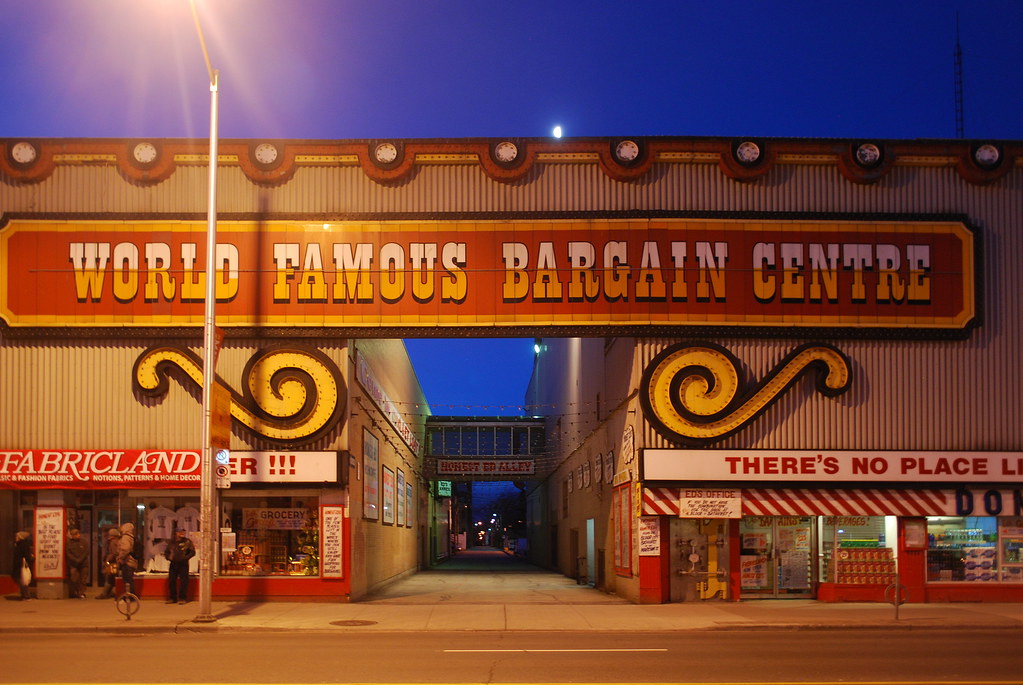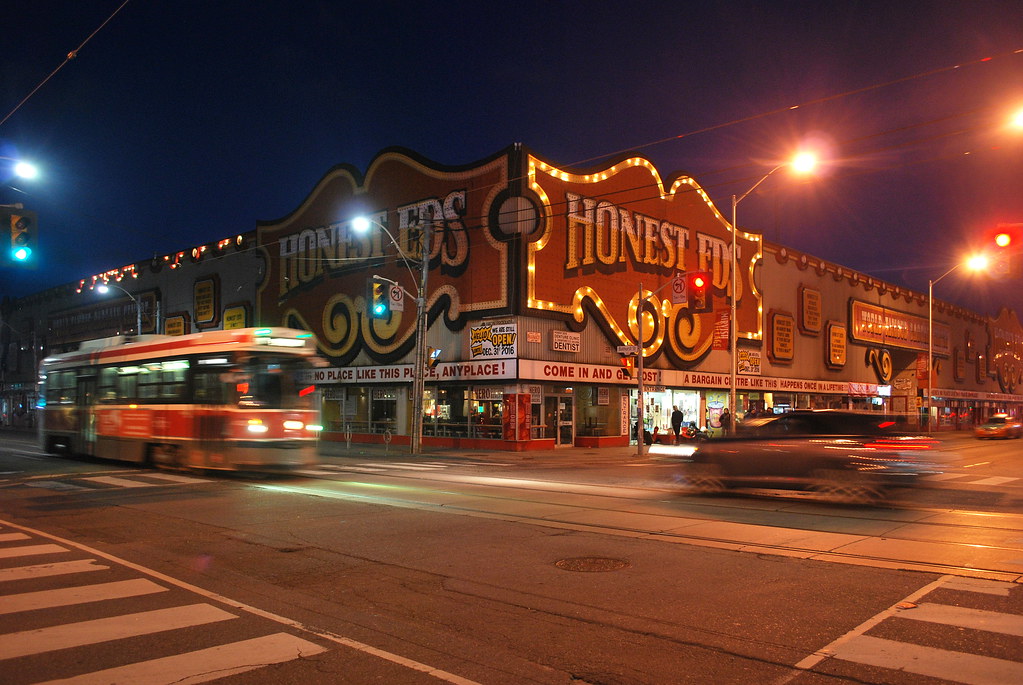Condos were deemed more profitable from a development standpoint for decades for a few reasons. First, rent increases were limited by law, and that meant that you couldn't expect to realize increasing returns from rental properties. That changed under Harris I believe, and new rentals can respond to market demand. However, rentals still weren't economically attractive because the time horizon on the profit was in the decades. Contrast that to condos, and you could see the total profit on a project in years instead of decades. The developer also got to take its profit and leave the building in the hands of others to manage, which cut out a huge area of concern.
However, in the last few years rentals have come back (sort of). The reason has to do with interest rates: they are very low. Government bonds pay very little, and people who would normally want to hold them for cash flow and predictable profits have turned to housing instead, where they can earn a few percentage points higher (at least) than government bonds. In Canada, rental vacancies are very low in general, and extremely tight in places like Vancouver and to an extent here in Toronto (since a lot of people who buy condos here rent them out, we have seen and will see a a lot of supply with all the new buildings, but it still won't push up the vacancy rate very high). That means rentals provide an almost guaranteed income stream, which is what the world's investors spend trillions to get with bonds. It is also a way to diversify your portfolio. Hence, builders are finding it profitable to build rentals again - but there is still the issue of profit in years vs. decades, which is why it is still relatively uncommon in Toronto.
This is just speculation on my part, but from a business perspective it seems also to cut out some risk from a large project like this: you aren't trying to sell the whole project, only part of it, so it hedges you if Toronto sales or prices fall in general.





